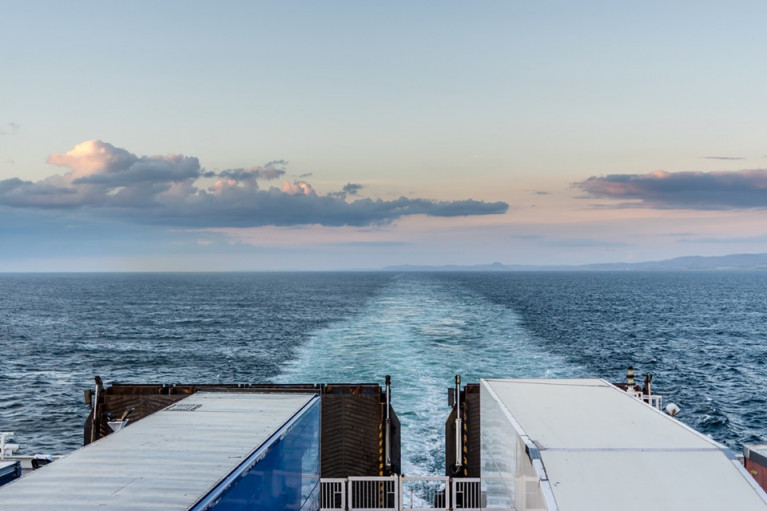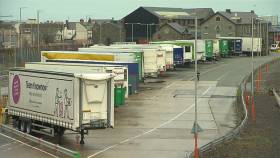Displaying items by tag: Truck Drivers
Ferry Operators Reject Claims of Forcing Freight Drivers to Share Cabins
Ferry operators are denying claims truck drivers have to share cabins with people they do not know.
Wexford TD Verona Murphy, former president of the Irish Road Haulage Association, said she has been approached by drivers who have made the claims.
She called on Taoiseach Micheál Martin to make sure that no truck driver has to share a cabin with somebody they do not know.
She said that drivers she has spoken to have claimed they are refusing to share with other drivers, and are then having to sleep on chairs or the floor instead.
More from the Irish Examiner here.
Worries Expressed by Truck Drivers Over No-Deal Brexit
#ferries - Deep concerns have been expressed by Irish hauliers that a no-deal or hard Brexit will lead to unworkable delays at UK ports.
They are already delivering huge quantities of non-perishable goods which are being stockpiled in both Ireland the UK amidst fears of Britain crashing out of the EU.
Speaking on RTÉ's The Week in Politics on the way to Holyhead in Wales, a number of drivers expressed fears that delays of 24 to 48 hours currently experienced at customs posts on non-EU borders could be replicated at the UK border.
Up to 1,000 Irish trucks travel by ferry from Dublin Port to Holyhead every day - it is the shortest and busiest crossing between Ireland and Wales.
According to the Irish Road Haulage Association, 70% of the haulage traffic leaving Dublin on ferries use the UK as a land-bridge to continental Europe.
To read opinions of truck drivers using the core Irish Sea route, click here.






























































